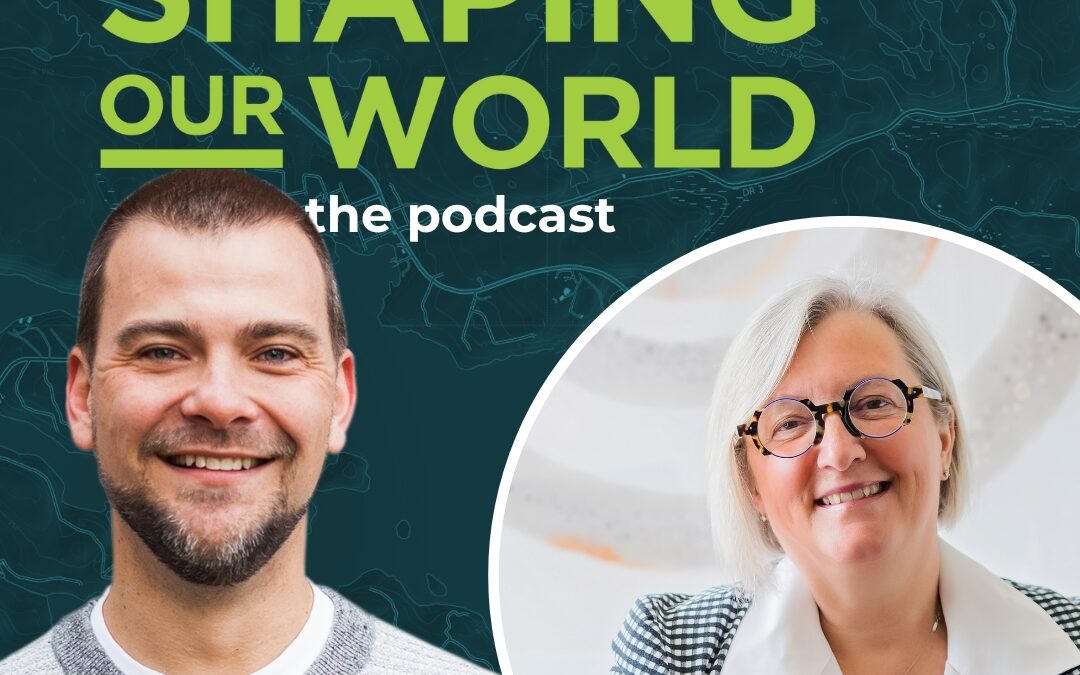Do you remember your middle school years? If they were anything like mine, they were full of awkwardness, anxiety and bad hair. Today, I can look back at my 12-year-old self and laugh about my fashion sense (harem pants and slouch socks anyone?), my hair (why didn’t anyone tell me about hair products?) and how every day at school seemed like a vicious make-or-break social circle. There were two options: be popular and have lots of friends at the lunch table or sit alone and hope someone joined you who wasn’t the lunch monitor.
In seventh grade, a girl in my class called me up one evening (remember the days of phone books?) and asked if I wanted to go to the Halloween dance with her. I dressed up as an old baba and she was a black cat. We often laugh about that initial phone call and dance that would be the start of a 30+ year friendship. In fact, she is still my best friend today. Friendships like ours are integral during middle school, according to this article in The Atlantic, that states friendship for middle schoolers can lead to life-shaping relationships.
“These are really very, very close and emotionally intimate relationships,” says Jaana Juvonen, developmental psychologist at the University of California at Los Angeles in the article. “And even if that particular relationship doesn’t last, it has ramifications on subsequent relationships.”
Anyone who has attended Muskoka Woods camp can attest to the friendships that are fostered there. As tween guests embark on their first overnight camp adventure, they often bond with like-minded cabin mates who are sharing the same experiences and emotions as them. This often leads to not only summertime friendships but connections that can last for years.
This not only leads to happiness but it’s also great for their mental well-being, according to the article in The Atlantic.
“A 2011 study found evidence for exactly that in 11- and 12-year-olds,” says the article. “The children regularly recorded how they felt about themselves and their experiences throughout their days, and they recorded who was with them. Their cortisol levels were measured as well. Having a best friend present during an experience significantly buffered any negative feelings, lowering cortisol levels and boosting a sense of self-worth.”
At Muskoka Woods, guests are often trying new activities that might initially put them out of their comfort zones, but with the help of their peers, they not only try them, they achieve them, which only serves to boost their self-confidence.
Having that peer support is integral to fostering connections, and a healthy peer presence is good for tweens and teens — the key word being “healthy.”
“Importantly, peer presence can be a force for good as well as for bad,” cites the article, which goes on to say, “Parents shouldn’t worry about peer pressure or peer influence. They should worry about who the peers are that their kids are hanging around with…. Virtually all kids, because of the nature of adolescence, are going to be susceptible to peer influence and peer pressure. The question really is, whom are they influenced by and what is it they are being pressured to do?”
At Muskoka Woods, the culture is shared by its guests and counsellors alike. The camp — a Christian youth development organization — strives to inspire youth while offering a fun, safe and welcoming environment for all. While staff are committed to helping guests realize their full potential, the camp also strives to make fun the foundation of building new friendships and self-confidence.
So whether your middle schooler is new to the Muskoka Woods scene or a return guest, they will undoubtedly end the season with more friends that will help shape their world today and in the future.







